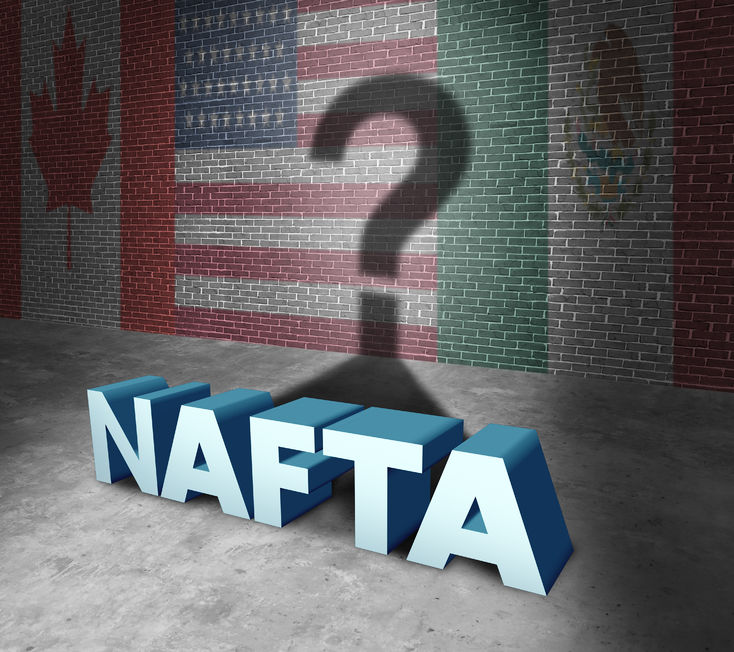The Comprehensive Economic and Trade Agreement (CETA) has been signed!

October 30, 2016, marked an auspicious day for the future of trade between Canada and the European Union (EU). That day, leaders on both sides signed the Comprehensive Economic and Trade Agreement (CETA).
Certificate of Origin: An important component of importing under Canada’s Free Trade Agreements

A certificate of origin is a legal document that certifies a shipment’s country of origin. In the context of free trade agreements (FTAs), certificates of origin are required in order to qualify for a reduced duty rate. The rules around certificates of origin and associated duty relief are specific to each FTA.
Free Trade Agreements: Rich with opportunities for those in the know

In today’s fast-paced and evolving global marketplace, countries are increasingly turning to free trade agreements (FTAs) to enrich their relationships with important trading partners. Since the signing of the North American Free Trade Agreement (NAFTA) in 1994 by Canada, the U.S. and Mexico, Canada has entered into.
NAFTA Certificates Are More Than Just a Document: The Impact of Non-Compliance

*USMCA/CUSMA replaced NAFTA on July 1st, 2020. Read More... The North American Free Trade Agreement (NAFTA) has been in place for over 20 years. It allows importers to benefit from duty free rates when goods are traded between Canada, Mexico and the United States. The agreement is somewhat convoluted though, and often.
The Future of Canadian Trade Agreements: Why Canada is Seeking More Trade

Why sign trade agreements with other nations? Canada has several trade agreements in effect that aim to give its companies an advantage over the U.S. and other countries. With a trade agreement in place, such as in Panama (where the U.S. does not), Canada receives more benefits in the shape of preferential access to.
Why Incoterms Matter: Stop Leaving Your Profits in Others' Pockets

They're not legal terminology, so why should you care about using Incoterms?

Latest Articles
- Navigating Freight Quotes: Best Practices for B2B Success and the Hidden Risks of Cheap Providers
- Explainer: Shipper's Letter of Instruction (SLI) for U.S. exports
- Successful Black Friday logistics and supply chain planning
- Bi-weekly Freight Updates - November: latest news and updates on the worldwide supply chain
- Explainer: Customs bonded warehouses for Canada imports
